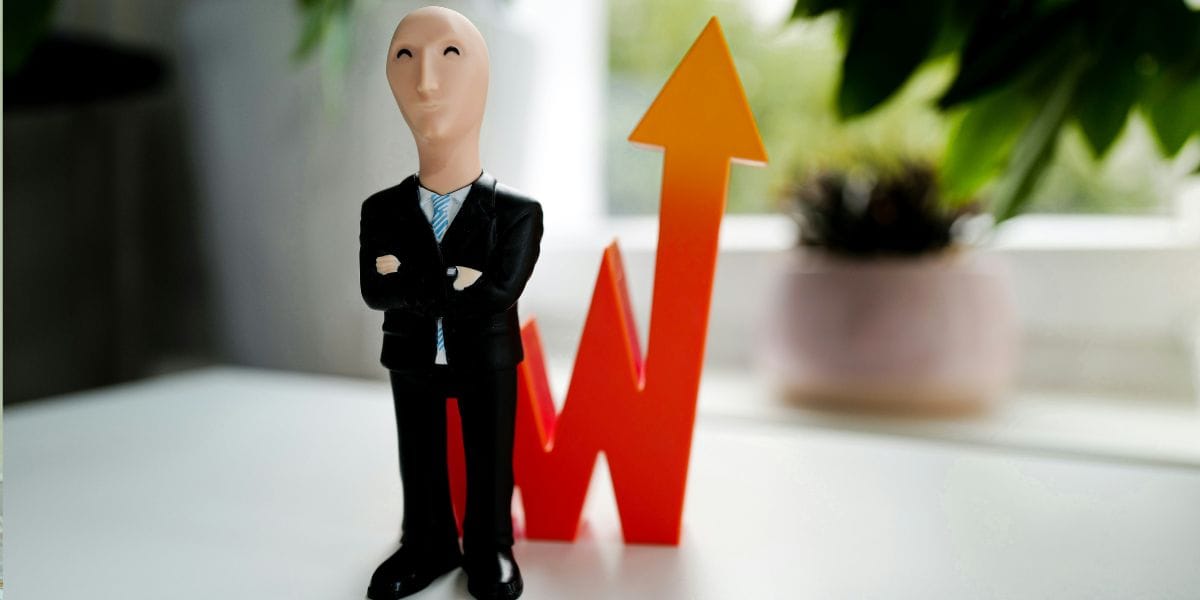What is it, what’s the difference, and why do you want it?
What is financial freedom (to you)?
Early retirement, private jets, room service every night... right? Maybe, maybe not.
We think of financial freedom as essentially having the freedom to make certain choices without worrying about being able to financially sustain yourself. Depending on your circumstances, this might mean moving out of home, not having to worry about covering bills and groceries, feeling able to quit a job that doesn't suit you, or never having to work again.
What you need to do depends on how you define your financial freedom. Bolstering your savings can allow you to take time off work. It’s freedom, but it’s temporary. So, what do you do if you want longer-term financial freedom?
To us, it all boils down to non-employment related income. If you want to free up your time to do other things, you need to have a source of income that doesn’t directly correlate to the physical hours you spend working. That means finding other ways to build your wealth - and one way you can do that is by investing. Whether it’s stocks, bonds, property, or royalties (or something else) if you can set something up that supplies enough income for you to live on, you’re set.
Although a good investment strategy and portfolio may provide a stream of income not related to your employment, all investments have risks including the risk of losing all or some of your capital investment - so you should obtain independent financial and legal advice before investing.
What is emotional freedom?
Life is hard. There’s no doubt about it. Our society places a lot of pressure on us. To borrow from Buddhism - “pain is inevitable, suffering is optional”.
In our view emotional freedom dictates how you cope with or react to what life throws at you. It’s a skill that requires deep levels of self-awareness and a whole lot of practice.
Not sure if you’ve got it or not? Ask yourself the following questions:
- When you get angry, can you calm yourself before responding?
- Can you treat yourself with compassion and kindness when negative thoughts (such as self-doubt or fear) pop up?
- Can you have empathy for others without absorbing their pain or trying to solve all their issues?
- Can you take inconveniences in stride, without them ruining your day?
- Can you feel sympathy for yourself after a hard day, rather than dragging yourself down for what didn’t go well?
Gaining emotional freedom can be one of those things that involves taking a long, honest look at yourself to objectively pick apart your decision-making processes, your defence mechanisms and all the dusty, painful things hiding away in your head.
Paying extra attention to the things mentioned in the above list may be a starting point. We have found that writing in a journal can also help you deconstruct things, as long as you’re brutally honest with yourself.
The link between emotional and financial freedom.
This is a finance blog. Why are we talking about FEELINGS so much?
What’s the link between emotional and financial freedom? Your emotional state dictates your perception of things (including your finances), and whether you feel ‘free’ or not.
If you find your work meaningful and satisfying, if you’re deriving sufficient income from something you love, chances are you won’t feel trapped by working - you may feel you’ve attained financial freedom even though you’re working a certain number of hours a week. On the other hand, if you despise your job, you might need to change jobs or retire completely before you feel financially free.
Emotional freedom or lack thereof may impact your ability to make certain choices. If you are bogged down by fear or uncertainty, you may not make a move when the opportunity arises. If you’re wrapped up with shame or uncertainty about who you are and what you want, you may hesitate to go down a path-less-travelled, even though it may align with your individual values and goals. In these cases, we consider that self-awareness is paramount. If you’re hesitating to do something because of an emotional block rather than a pragmatic one, wouldn’t you like to know?
We think that you need emotional freedom to be able to make the clearest, most well-informed decisions possible. You need to be making clear, well-informed decisions if you ever want to attain financial freedom through investments.



